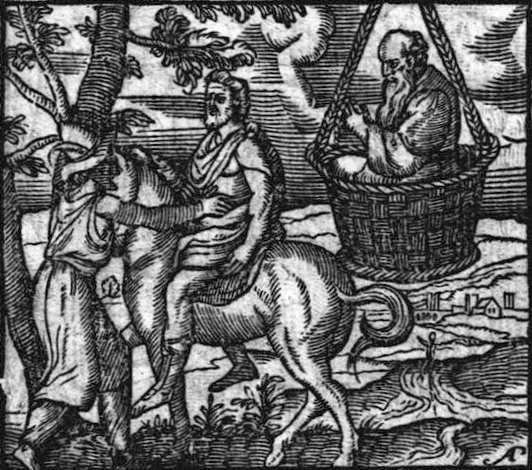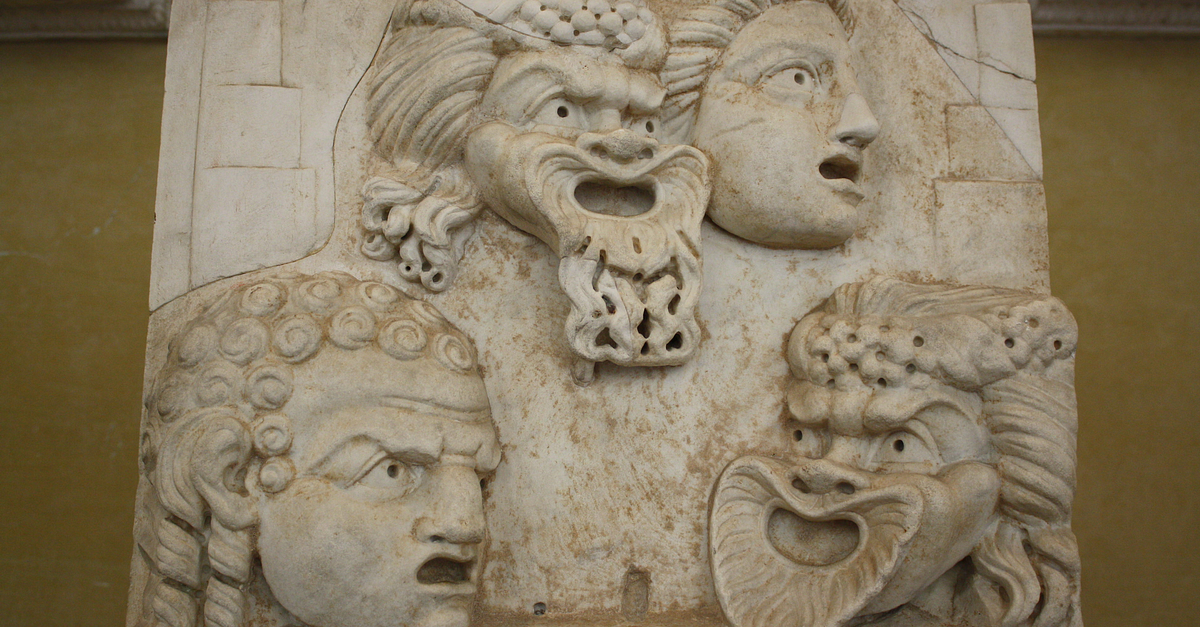Written by Visnja Bojovic, Contributing Writer, Classical Wisdom Ever since there were people and places, there has been a desire for other, different people, and ideal, perfect places. This concept is called utopia, a word that has its origin in ancient Greek, as a compound of the word οὐ (ou, ”not”) and τόπος (topos, ”place”).




